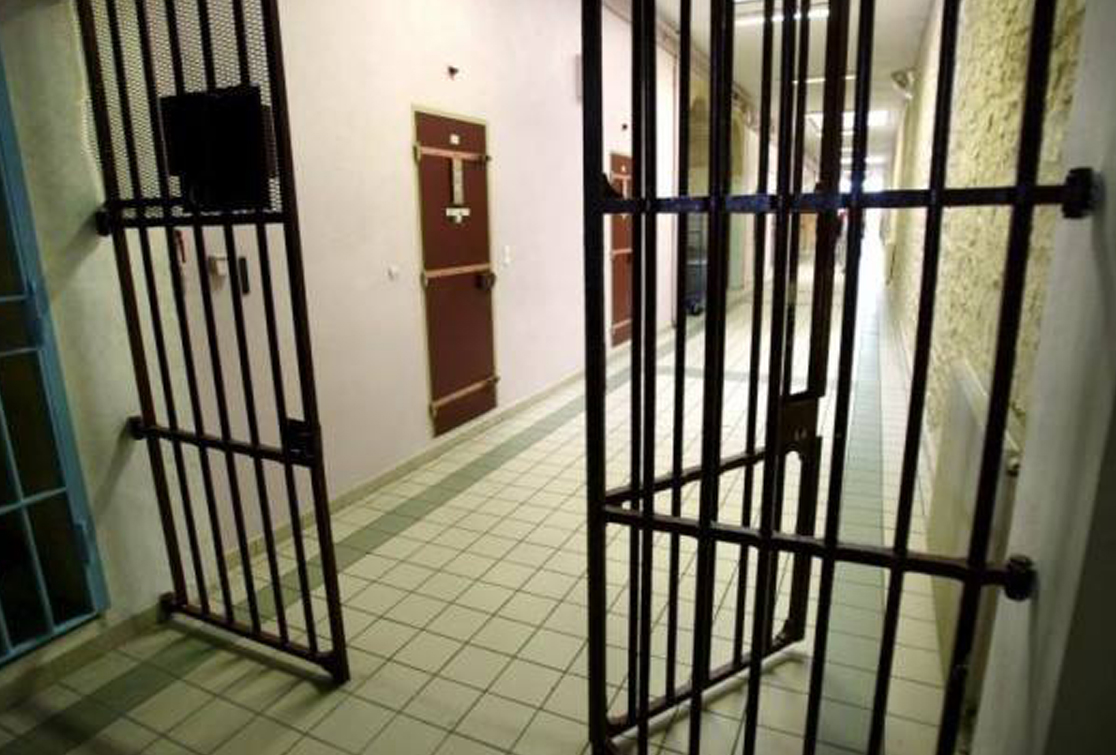
I- Report Methodology:
Since 2011, the Syrian regime has refused to recognize any arrests it had made as it accused Al-Qaeda and the terrorist groups of committing these crimes. Also, the Syrian regime doesn’t recognize any torture cases or torturing to death. SNHR acquire its information from former prisoners and prisoners’ families where most of the families get information about their beloved ones who are in prison by bribing the officials in charge.
At SNHR, we rely on the families’ testimonies we get. However, it should be noted that there are many cases where the Syrian authorities don’t give the families the dead bodies. Also, many families abstain from going to the military hospitals to bring the dead bodies of their beloved ones or even their belongings out of fear that they might themselves get arrested.
Also, most of the families assure use that their relatives were in good health when the arrest was made and it is highly unlikely that they died of an illness.
Fadel Abdulghani, head of SNHR, says:
“The principle of “Responsibility to Protect” must be implemented as the state has failed to protect its people and all the diplomatic and peaceful efforts have failed as well. Crimes against humanity are still being perpetrated on a daily basin in Syria mainly at the hands of the state authorities.”
Therefore, SNHR faces serious difficulties in the documentation process because it is banned and pursued. In light of such circumstances, it is difficult to completely verify the number of victims as the process remains mainly based on ongoing documentation and investigation even with taking into consideration families’ testimonies


